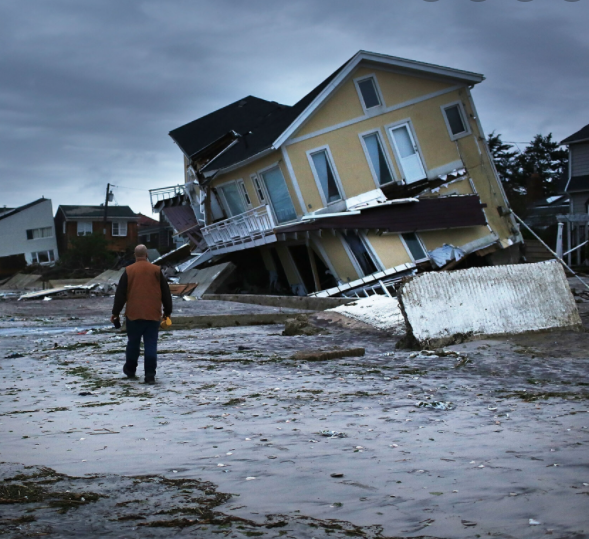 On September 8, 2020, the City of Middletown Common Council voted unanimously to pass a Declaration of a Climate Emergency “that threatens the existence of our civilization and the natural world.” The declaration included bold statements of resolve: to make the declaration the “foundation up which the City of Middletown shall develop future priorities, legislation, policies, plans, budgets, and actions; to end City-generated greenhouse gas emissions by 2030; to establish plans to reduce greenhouse gas emissions by both the City and the wider community; and to advocate for coordinated climate action at the regional, state, and federal levels.” The Declaration included recognition that environmental justice is a racial justice issue and that “an equitable transition to a fossil-fuel-free economy requires full community participation.”
On September 8, 2020, the City of Middletown Common Council voted unanimously to pass a Declaration of a Climate Emergency “that threatens the existence of our civilization and the natural world.” The declaration included bold statements of resolve: to make the declaration the “foundation up which the City of Middletown shall develop future priorities, legislation, policies, plans, budgets, and actions; to end City-generated greenhouse gas emissions by 2030; to establish plans to reduce greenhouse gas emissions by both the City and the wider community; and to advocate for coordinated climate action at the regional, state, and federal levels.” The Declaration included recognition that environmental justice is a racial justice issue and that “an equitable transition to a fossil-fuel-free economy requires full community participation.”
Over the past year, we haven’t heard much in terms of follow-through on the Declaration. Actions by the City of Middletown so far have been slow and preparatory in nature. Mayor Florsheim asked department leaders about current practices and plans, and in collaboration with members of the Clean Energy Task Force and other community volunteers he has drafted some worthy potential goals. But these preliminary steps do not match the importance and urgency of the climate crisis expressed in the Declaration. That is not surprising, given the many competing, short-term and immediate priorities that press upon municipal government. Furthermore, we the public have so far not raised our voices to insist upon changed priorities.
The relatively slow-moving disaster of climate change is easy for everyone to ignore as we deal with the day-to-day pressures of life. This goes not only for government leaders, but for the rest of us who mostly watch from the sidelines. Without informed and committed citizen participation, our government will fail to meet the challenges we face, as cataclysmic as those threats truly are. The looming climate crisis is not really slow-moving anymore. It’s accelerating in the form of storms, floods, heat waves, drought, and climate-related human migration.
Here are some simple things our local governments can do:
- We could follow the example of Hartford’s Common Council and voice support for Governor Lamont’s Transportation Climate Initiative Program (TCI). TCI is a carefully constructed plan to create allowances for the wholesale distribution of oil and gas, to place a fee upon those allowances, and to invest the resulting revenue in public transportation, electric vehicle infrastructure, and non-motorized transportation options to reduce emissions from transportation overall. (Note: In the last session of the Connecticut General Assembly, TCI was vigorously opposed by Republicans and the oil and gas industry as a disguised gas tax that would lead to exorbitant gas prices that would ruin the economy and hurt the poor. But TCI has built-in mechanisms to ensure that the wholesale fees will not raise gas prices by more than 5 cents per gallon.)
- The City could take steps to invest in energy conservation, renewable energy, and energy storage for government operations and urge the same by residents, businesses, and other organizations in the larger community. Most, of these would also result in long-term financial benefits and resiliency.
- The City could hire a full-time Sustainability Coordinator to assist municipal departments in adopting practices that reduce energy consumption, reduce waste, and promote a more sustainable relationship between humans and other forms of life.
- Take measures to reduce municipal solid waste and separate organic waste to anaerobic digesters and minimize the amount of waste that is burned or transported to out-of-state landfills.













